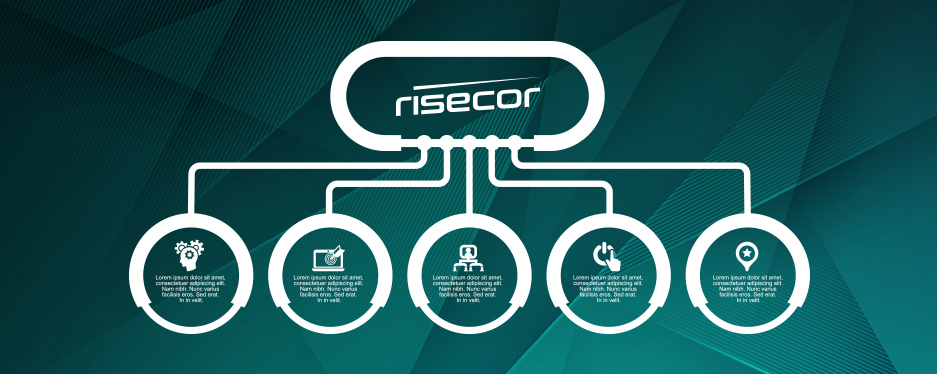Private equity firms frequently use add-on acquisitions as a means to expand their portfolio companies. However, integrating a new acquisition with an existing platform company can be a complex and challenging process. In order to ensure a successful integration, it’s important to establish a single point of accountability to report on the progress of the integration. Here are some benefits of doing so:

1. Clear Communication
By establishing a single point of accountability, communication between the platform company and the new acquisition can be streamlined. This ensures that all parties involved are on the same page regarding the integration process, goals, and expectations. Clear communication can help to prevent misunderstandings and ensure that the integration stays on track.
2. Improved Decision-Making
When there are multiple parties responsible for different aspects of an integration, decision-making can become slow and complicated. By establishing a single point of accountability, decision-making can be centralized and streamlined. This can help to ensure that decisions are made in a timely manner, and that they are aligned with the overall goals of the integration.
3. Enhanced Accountability
When there are multiple parties involved in an integration, it can be difficult to determine who is responsible for specific aspects of the process. By establishing a single point of accountability, it’s clear who is responsible for the success of the integration. This enhances accountability, and helps to ensure that everyone involved is fully committed to the integration’s success.

4. Improved Efficiency
When there are multiple parties involved in an integration, it can be difficult to ensure that everyone is working together efficiently. By establishing a single point of accountability, it’s easier to ensure that everyone is working towards the same goals, and that duplication of effort is minimized. This can lead to a more efficient integration process overall.

5. Greater Visibility
By establishing a single point of accountability, it’s easier for the private equity firm to keep track of the progress of the integration. This can help to identify any issues or challenges that arise during the process, and ensure that they are addressed in a timely manner. It also allows the private equity firm to have greater visibility into the integration process, and to make more informed decisions about the future of the portfolio company.
In conclusion, establishing a single point of accountability for private equity add-on integration can help to ensure that the integration process is successful. By improving communication, decision-making, accountability, efficiency, and visibility, a single point of accountability can help to ensure that the integration stays on track and achieves its goals.



